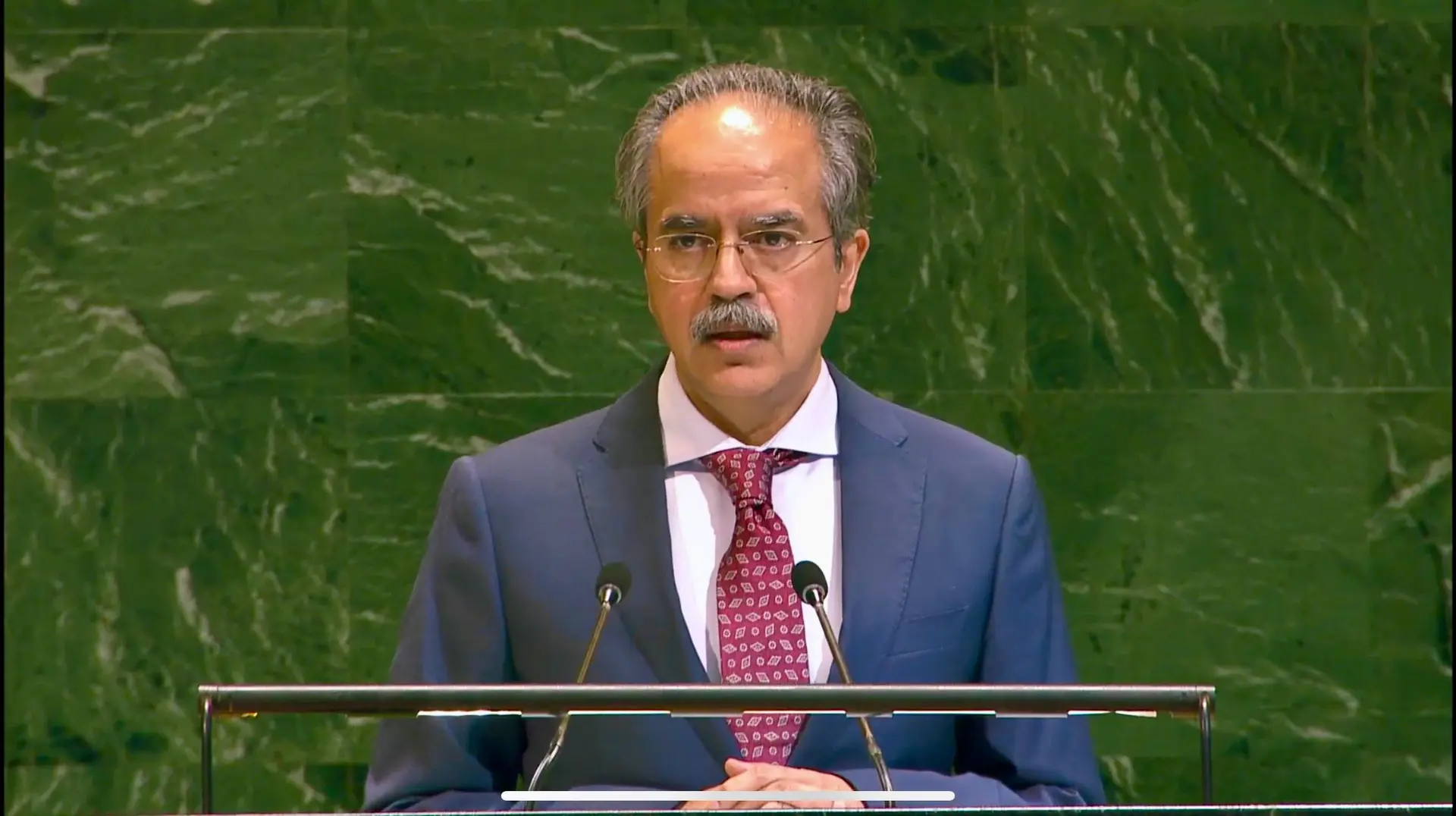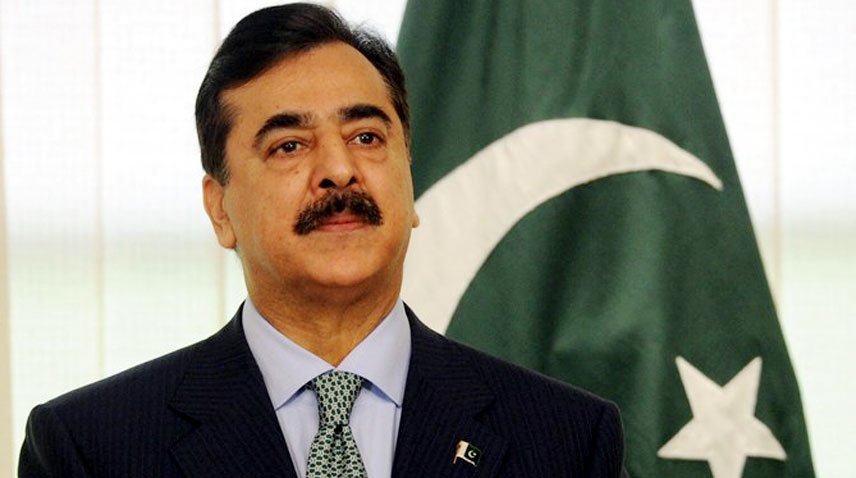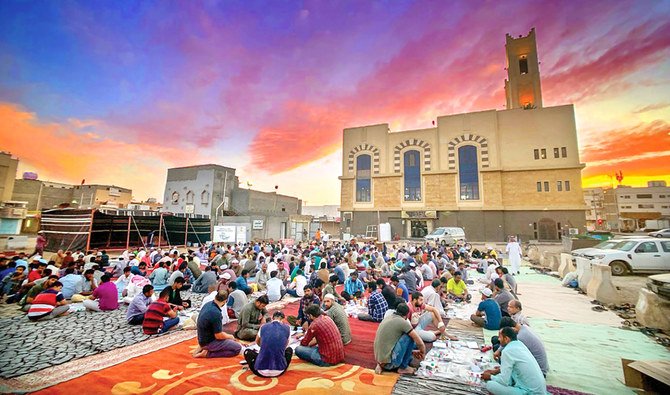The surge in terrorist attacks, predominantly conducted by terrorist groups like the Tehrik-eTaliban Pakistan (TTP) and other factions from Afghanistan, has increased in recent years, posing a significant challenge to Pakistan’s security not only for nationals but also for foreigners too. The police force and other security agencies have been the brunt of these relentless assaults. This wave of attacks, perpetrated by various militant groups operating within the region, exacerbated concerns over the escalation of militant tactics.
Pakistan has endured a staggering number of terror incidents, with as many as 245 recorded in the first three months of 2024 alone. These attacks have targeted diverse locations and foreign vans, including mosques, shrines, markets, law enforcement agencies, security institutions, and military checkpoints. In a disturbing trend, terrorists have increasingly focused their efforts on law enforcement agencies and military installations, exemplified by recent assaults on Zhob and Chitral garrisons. Operatives of the Tehrik-e-Taliban Pakistan, based in Afghanistan, have carried out these attacks inside Pakistan.
The TTP has claimed responsibility for a string of terrorist incidents across the country in recent months, including a suicide bombing in Islamabad, an attempted attack on a police station in Punjab province, and an assault on a police compound in Karachi. For instance, last month, an explosive-laden car targeted a bus carrying Chinese workers in Bisham, adding to the vulnerability of foreign nationals involved in projects under the China-Pakistan Economic Corridor initiative. More recently, a van carrying Japanese autoworkers in Karachi was attacked. Just before the attack on Japanese autoworkers, the customs service in Dhaka became the victim of terrorism, intensifying the assault on foreigners, governmental officials, and law enforcement agencies.
Long-lasting China-Pakistan friendship
The escalating challenges posed by terrorism and extremism in Pakistan threaten to undermine the long-term, comprehensive strategic cooperation between China and Pakistan. The destabilizing elements from Afghanistan are trying to destabilize the deep-rooted friendship and collaborative endeavors between Pakistan and China. Both Chinese and Pakistani authorities express grave concern over these acts of terror, recognizing them as not only internal threats to peace and security but also as obstacles, particularly in areas crucial to Pakistan’s economic development and progress.
The deteriorating law and order situation, exacerbated by targeted attacks on Chinese workers, not only jeopardizes the safety of Chinese nationals but also undermines the confidence of the Chinese business community in investing in Pakistan. Pakistan is prioritizing and improving security measures and enhancing counterterrorism efforts to safeguard Chinese personnel and projects. Pakistan will do everything to unwavering commitment to the safety and welfare of Chinese citizens. Recognizing Pakistan’s contributions to the global fight against terrorism, China acknowledges and applauds Pakistan’s role in combating terrorism in securing regional stability and security.
Despite facing terrorism, China’s active participation in infrastructure development projects in Pakistan, particularly in the tribal areas, is commendable and deserves more appreciation. Pakistan and China are poised to further strengthen their partnership, with a renewed focus on expanding anti-terrorism cooperation as an integral component of their shared vision for bilateral cooperation.
Furthermore, bulletproof vehicles should be provided for the security of Chinese engineers engaged in various projects across the province, encompassing both CPEC and non-CPEC government installations. Proper coordination needs to be established among the police, law enforcement agencies, and Chinese security officials to ensure seamless collaboration in safeguarding foreign nationals. Additionally, stringent vehicle examination protocols must be implemented at security checkpoints to mitigate potential security risks effectively.
Recommendations for Pakistan to Counter-Terrorism
1. At the domestic level
At the domestic level, the government of Pakistan must prioritize the establishment of a dedicated unit within the Special Branch, equipped with state-of-the-art security techniques tailored specifically for the protection of Chinese and foreign nationals. This initiative should be coupled with stringent enforcement of Standard Operating Procedures (SOPs) concerning the security of foreign visitors along with the regular issuance of security advisories by relevant officers.
Supervisory officers at the range, district, and zone levels should be directed to conduct a thorough reassessment of security measures for foreigners to formulate a concrete and effective police strategy. These officers should be tasked with submitting a comprehensive review report within three days, outlining actionable steps to enhance security protocols.
2. At the International or Regional level
At the international or regional level, combating terrorism demands a multifaceted approach that encompasses robust security measures and counter-terrorism mechanisms to eradicate terrorists who are living inside Afghanistan and spreading terrorism across the region.
Understanding the importance of a collective commitment to fighting terrorism in the region concerted efforts are needed to formulate a “coherent and cogent” policy towards Afghanistan to address the current situation effectively. Afghan authorities must take concrete and effective action to prevent the use of Afghan soil as a staging ground for terrorism against neighboring countries, particularly Pakistan.
Regrettably, Afghanistan has become a sanctuary for militants from groups like the TTP, with its territory being exploited for terrorist activities against neighboring countries. Afghan authorities have failed to counter and combat the TTP threat. There is a continued commitment to finding joint solutions to counter terrorism and prevent any terrorist organization from undermining bilateral relations between Pakistan and Afghanistan.
India’s involvement in supporting terrorist activities aimed at destabilizing Pakistan,
including using Afghanistan as a proxy, is deeply troubling. In light of such challenges, Pakistan should raise concerns about Indian involvement in terrorist activities inside its territory with the United Nations, highlighting the need for concerted international action to address state-sponsored terrorism effectively.
Nevertheless, the government of Pakistan remains resolute in its determination to combat terrorism and smuggling, affirming that such cowardly acts will not deter its resolve. The greater cooperation and coordination among regional stakeholders and engaging the international community, concerted efforts can be made to counter terrorism and promote peace and stability in the region.

Ms. Uzma Osho Nasir, CEO ,Cooprate Zone Consulting , Islamabad













